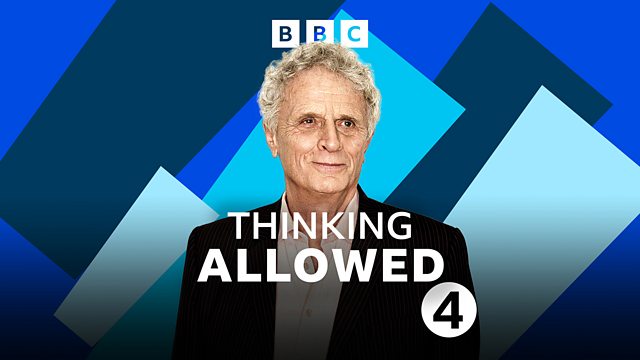Inequality and nakedness
Why are naked bodies taboo, and are attitudes finally changing? Laurie Taylor discusses the history of nakedness. Also, Danny Dorling on 'myths' which perpetuate inequality.
Nakedness can thrill, it can disgust, it can humiliate, amuse and entertain. The sight of humans without clothes provokes powerful and contradictory impressions: it is both the shame of Adam and Eve as they are expelled from Eden and the purity of Jesus as he is baptised; both the humiliation of prisoners at Abu Ghraib and the exuberance of young people at a rock festival.
The power of the taboo against nakedness in Western Culture has meant that it is a potent form of protest, but as films like the Full Monty and plays like Calendar Girls bring it into the mainstream, have our attitudes to nakedness changed? Laurie discusses A Brief History of Nakedness with its author Philip Carr-Gomm and the sociologist Angela McRobbie.
Also, the geographer Danny Dorling argues that inequality in the rich world is perpetuated by five ingrained beliefs: elitism is efficient; exclusion is necessary; prejudice is natural; greed is good; despair is inevitable. He uses his social research to argue that those beliefs are nothing more than myths.
Producer: Charlie Taylor.
Last on
More episodes
Previous
Broadcasts
- Wed 21 Apr 2010 16:00大象传媒 Radio 4
- Mon 26 Apr 2010 00:15大象传媒 Radio 4
Explore further with The Open University
大象传媒 Thinking Allowed is produced in partnership with The Open University
Download this programme
Subscribe to this programme or download individual episodes.
Podcast
-
![]()
Thinking Allowed
New research on how society works


